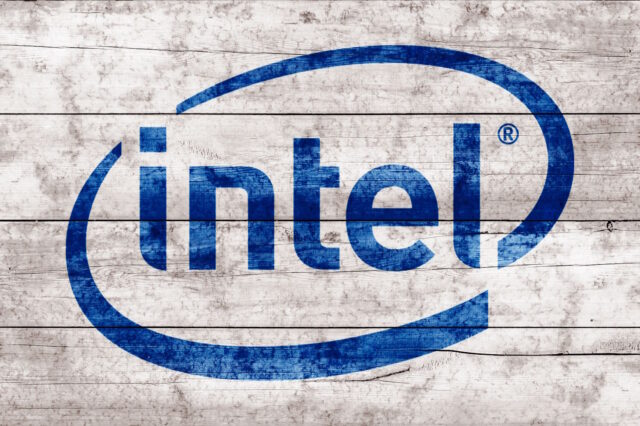Intel finally diagnoses the root cause of Core 13th and 14th Gen CPU instability issues

Intel Core 13th and 14th Gen desktop processors have been plagued with instability issues, problems Intel seemed incapable of properly addressing -- until now.
The company says that it has finally been able to determine the root cause of the issue. In fact, there are no fewer than four possible scenarios that can cause what has been dubbed the Vmin Shift Instability issue. There’s also a new microcode update to add to the growing pile of patches that have already been released.
See also:
- Microsoft will let Windows 11 users remap the stupid Copilot key on their keyboard
- Elon Musk risks privacy backlash by permitting accounts you’ve blocked on X to see your posts
- Kaspersky users in the US find themselves forcibly migrated to the mysterious UltraAV
Explaining the findings of in-depth investigations into the Vmin Shift Instability issue, Intel reveals the cause is a “clock tree circuit within the IA core”. The company says that this circuit is “particularly vulnerable to reliability aging under elevated voltage and temperature”.
It goes on to share a quartet of operating scenarios that can lead to Vmin Shift in affected processors:
- Motherboard power delivery settings exceeding Intel power guidance.
a. Mitigation: Intel Default Settings recommendations for Intel Core 13th and 14th Gen desktop processors. - eTVB Microcode algorithm which was allowing Intel Core 13th and 14th Gen i9 desktop processors to operate at higher performance states even at high temperatures.
a. Mitigation: microcode 0x125 (June 2024) addresses eTVB algorithm issue. - Microcode SVID algorithm requesting high voltages at a frequency and duration which can cause Vmin shift.
a. Mitigation: microcode 0x129 (August 2024) addresses high voltages requested by the processor. - Microcode and BIOS code requesting elevated core voltages which can cause Vmin shift especially during periods of idle and/or light activity.
a. Mitigation: Intel is releasing microcode 0x12B, which encompasses 0x125 and 0x129 microcode updates, and addresses elevated voltage requests by the processor during idle and/or light activity periods.
The last scenario has resulted in the production of a new microcode update, and Intel says that it is “working with its partners to roll out the relevant BIOS update to the public”. No timeframes have been offered.
Any update to fix problems brings concerns about performance being negatively impacted, and this batch is no different. The company advises:
Intel’s internal testing comparing 0x12B microcode to 0x125 microcode -- on Intel Core i9-14900K with DDR5 5200MT/s memory1 -- indicates performance impact is within run-to-run variation (ie. Cinebench R23, Speedometer, WebXPRT4, Crossmark). For gaming workloads on Intel Core i9-14900K with DDR5 5600MT/s memory2, performance is also within run-to-run variation (ie. Shadow of the Tomb Raider, Cyberpunk 2077, Hitman 3: Dartmoor, Total War: Warhammer III – Mirrors of Madness). However, system performance is dependent on configuration and several other factors.
More details are available here.
Image credit: Andrii Savchenko / Dreamstime.com
